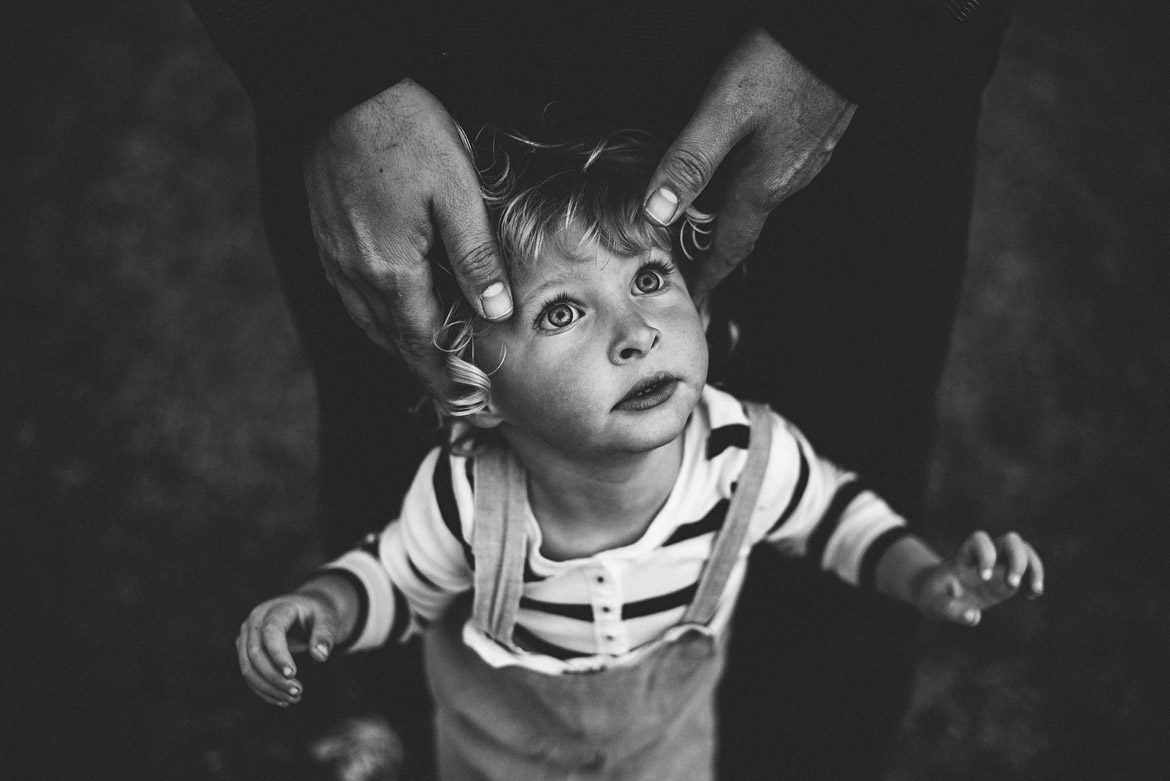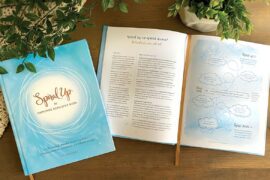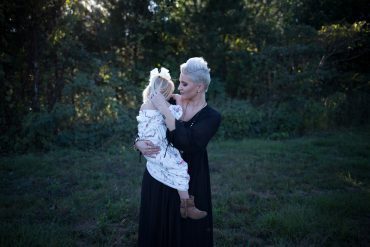By Genevieve Simperingham
So many adults didn’t gain the emotional support they needed growing up as they navigated friendships, social challenges and generally adapting to new environments, situations and activities. The majority of adults also now experience mild to severe anxiety in social situations, in new environments or when learning new skills. Research shows that for the majority of adults, their default mode of thinking is highly critical of themselves and others and their default mode of feeling is much more insecure than confident. The teenagers who don’t use alcohol to alleviate stress in social situations are in the small minority. So, how can we best help our children tackle life’s challenges and adapt to change in a way that overall helps them increase their self-confidence, their trust in themselves and their world? How can they develop the balance between listening to and trusting their feelings of apprehension, while also gaining the courage to tackle challenges? We want our children to skillfully manage their nervous feelings, now and throughout their teens, well enough to be able to think straight and discern whether taking action is wise or overly risky.
How to support in a way that feels supportive?
As parents we want our children to listen to our wisdom and guidance, we want to be able to positively influence them to think well and make good decisions. We want our children to want our support when they’re struggling with friends, with siblings, with us, with their self-image, with mastering new skills, with their life inside and outside the home. Yet so many parents feel exasperated as they watch their child struggling in challenges, but seem very resistant to their parent’s advice. Rather than judging our child for being resistant, it can be wise to view it as a possible indicator that they need more than advice or direction. It’s often an indicator that we need to turn up the dial on actively listening to them in a way that they feel truly understood, empathizing in a way that they feel less alone and less conflicted and fitting in more quality time, more smiles and more laughter to generally build their sense of security and fill their love tanks.
Rather than judging our child for being resistant, it can be wise to view it as a possible indicator that they need more than advice or direction. It’s often an indicator that we need to turn up the dial on actively listening to them in a way that they feel truly understood…
Our primary role as parents and caregivers, I believe, is to foster and maintain the warm connection and open lines of communication. Our influence in supporting our child’s development of emotional and social skills depends largely on the quality of the connection and how well the communication is working.
Interesting research by Dr James Coan, a Professor of Clinical Psychology at Yale University used MRI brain imaging to measure the brain activity of people experiencing mild electric shock! They compared how well the brain regulated and alleviated distress when the person’s hand was held by a stranger compared to holding the hand of their loved one. And as you’ve probably guessed, holding the hand of a loved one greatly reduced their stress in most cases. Further research has taken this a step further and compared the brain activity and stress levels when the person undergoing the stressor and holding the hand of their loved one was feeling well connected with them, compared to those who felt less connected or secure with their partner. And understandably, they gained more comfort from their partner when the connection was strong.
“If you’re feeling connected to someone you feel secure with and trust, this takes a huge load off your brain.” And: “Our most potent and efficient way of regulating emotional distress is to be connected with another person who you trust.” ~ Jon G. Allen, PhD, a psychologist and psychiatrist who has written extensively on the subject of attachment.
So applying this insight to helping our children work through stressful situations, it makes sense that when we work to improve or better maintain the quality of connection with our child, the more comfort and reassurance our child may gain when feeling nervous or stressed. Planning ahead to have extra time to connect in a meaningful way on a day when our child is facing a challenge might result in them gaining the kind of support from us that gives them both more clarity about what’s needed in the situation, but even more importantly, truly builds up their inner strength and belief in themselves. When a child can trust that their parent is truly taking their fears or concerns seriously, they tend to then, and only then, gain comfort from the parent’s reassurances, and become more open to letting their parent problem solve with them.
Children have a natural ability to get their worries, fears, anxieties and even the impacts of trauma out of their system.
What they need is a lot of permission and support to access and express those thoughts and feelings. Children naturally heal through talking, venting their anger (non-aggressively), crying, raging and also through play and laughter. Without the space to really share and feel heard with their complaints and fears, a parent’s well-meaning advice can add to a child’s fears and insecurities. In fact, the child may well hear advice as criticism, “What you should do is…”. The child may worry that their parent thinks they’re not being brave enough, confident enough, independent enough, assertive enough, which only weighs a child down more. Yet, when a child is feeling truly understood and also feeling their parent’s belief in them, this puts a child into growth mode. In growth mode, children tend to have a lot more both capacity to find the inner strength to assert themselves, be it with a friend, a sibling, teacher, relative or their parent. When feeling understood and cared for, children tend to have more capacity and motivation to hear and care about the perspective of others (depending on age of course), they tend to have more self-control and self-discipline, and are better able to manage and work through strong emotions like frustration, anger, fear, nervousness, disappointment or sadness.
“Naughty” behaviour or symptoms of stress?
So much of the behaviour that signals a child needs help with their insecurities are often missed because we’re so conditioned to judge a child to be difficult or just looking for attention. Then with teenagers, who generally are dealing with huge amounts of stress and pressure in juggling so many relationships and needs, adults can expect rebellion and reactivity from them. Yet in my experience as a mother of two teens and counsellor who helps many families of teens, the 13 or 16 year old continues to need to feel secure in our non-judgmental emotional support and willingness to listen and engage just as the 3 or 6 year old does. And will truly seek the support they need when they can trust their feelings will be heard respectfully and sensitively without their parent either over reacting or under reacting.
See next page for more…











